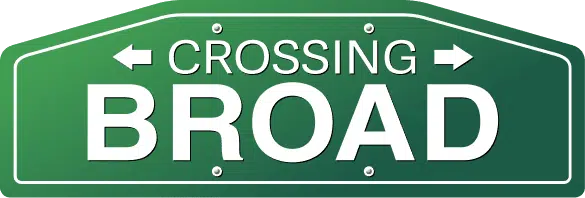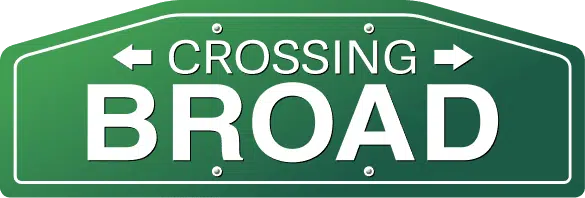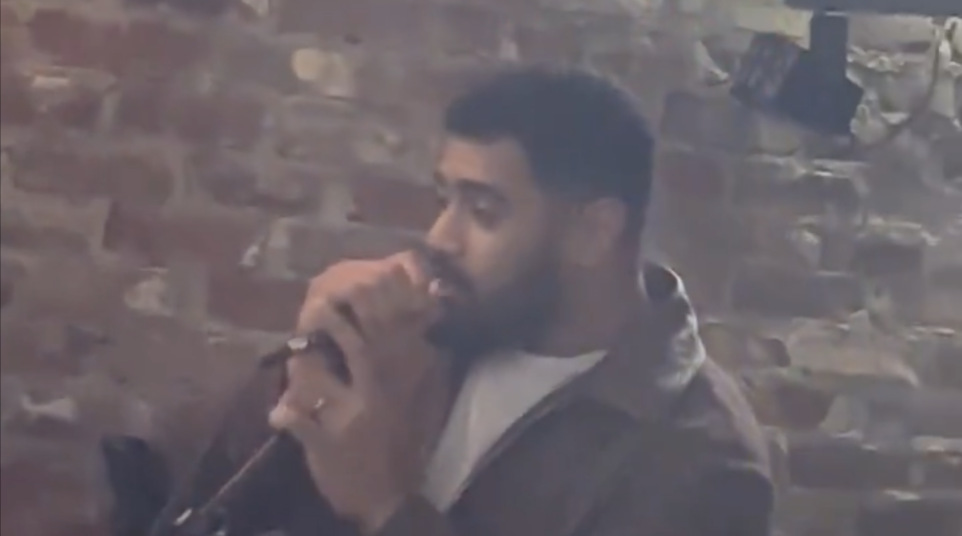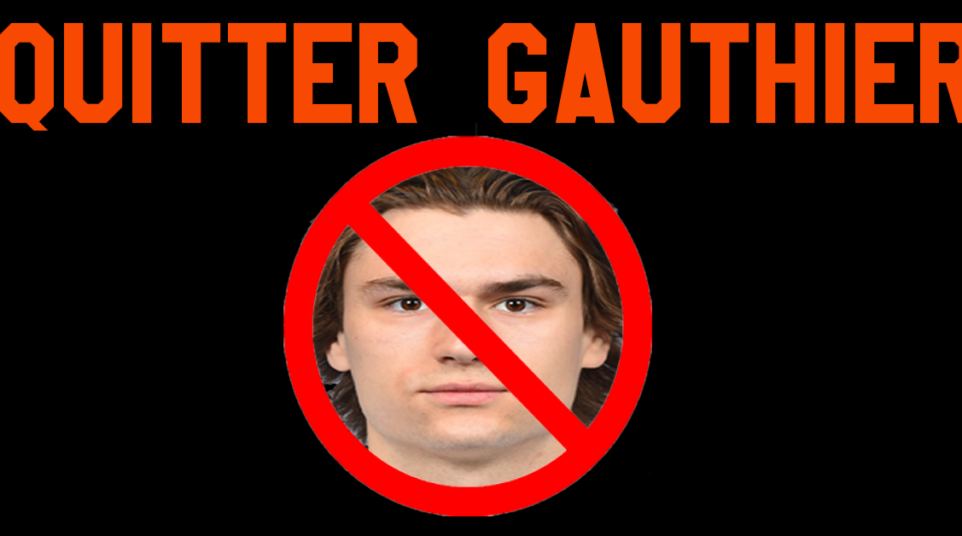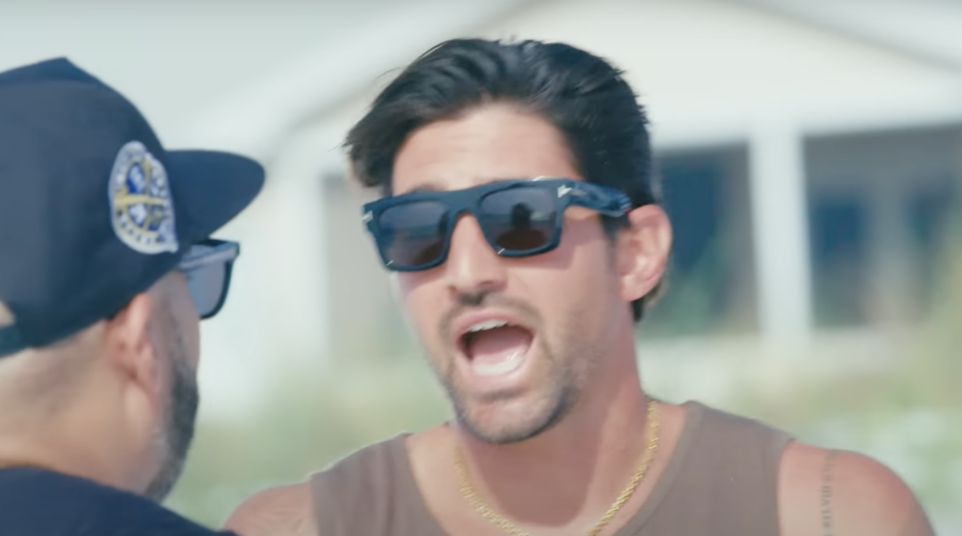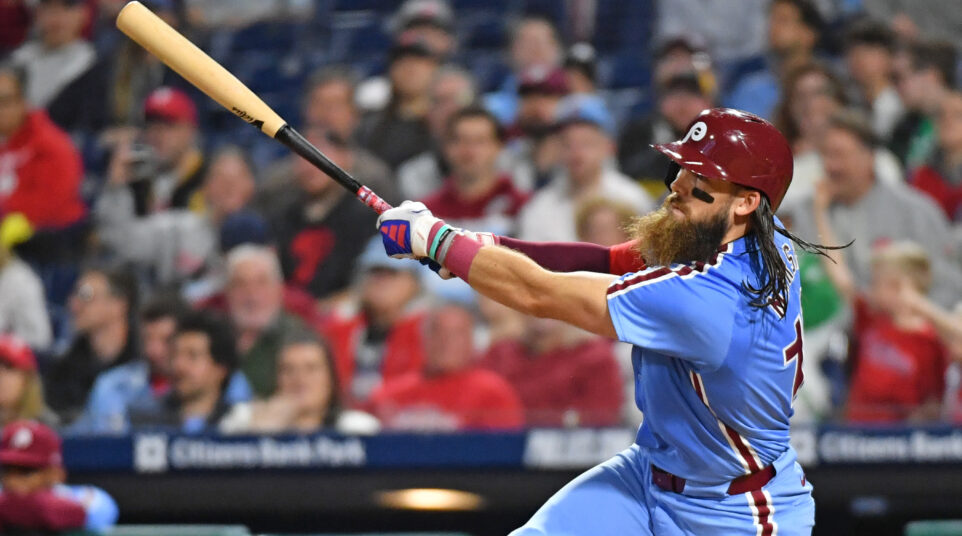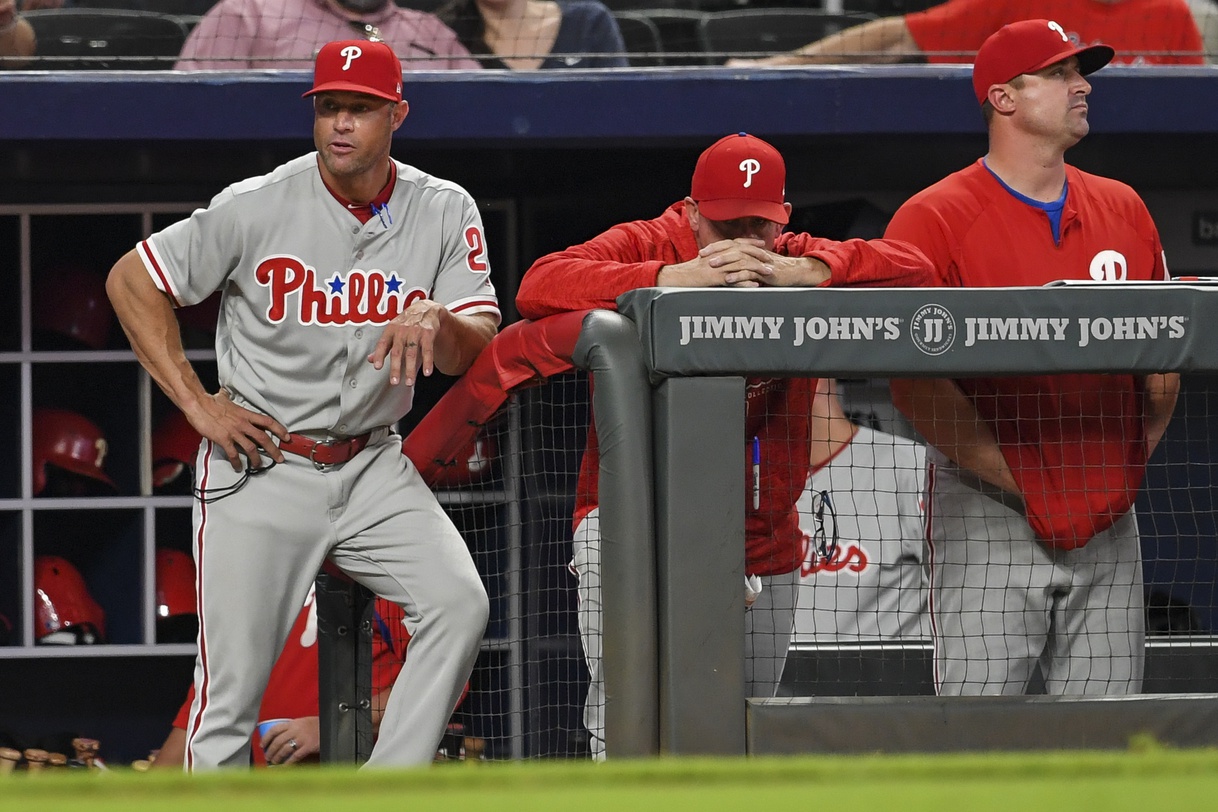
Some Thoughts On Howard Eskin's Gabe Kapler Speculation
I wrote a few weeks ago about my concerns regarding the Phillies’ future ability to sign marquee free agents, citing the uncertainty of the team’s roster:
Which regular position players can you say with absolute certainty will be part of the Phillies’ Opening Day lineup come March 28, 2019? You probably came up with Rhys Hoskins. That’s one. There’s a reasonable chance that players like Nick Williams, Maikel Franco, Odubel Herrera, and Scott Kingery could be, too, but none of them are locks. Do you feel confident about what you have seen from players like Kingery, J.P. Crawford, and Jorge Alfaro this season? Would you say they are locks to become productive everyday players?
How about the pitchers? Do you feel certain that Vince Velasquez, Nick Pivetta, and Zach Eflin will become more consistent performers? Nothing against any of these guys, but the point is that many questions about this team’s youth and overall direction still exist.
At the time, I had not considered Gabe Kapler as a potential roadblock to signing free agents, but according to Howard Eskin, his existence in the Phillies clubhouse may be an obstacle when it comes time to make moves this winter:
Just spoke with @WIPMorningShow on subject of whether #Phillies manager Gabe Kapler could be fired. One thing didn’t mention. I’ve been told by baseball people that top free agents may not want to come to Phila w Kapler as Mgr. It comes down to more than money. @SportsRadioWIP
— Howard Eskin (@howardeskin) September 25, 2018
I agree with Eskin in that these pending free agency decisions will come down to more than money. The assumption is that John Middleton will beat away competitors with his wallet for the services of players like Bryce Harper and Manny Machado, but it’s just not that simple. While money is the most important factor, these players will absolutely want to sign with organizations they view as stable and competitive. Are the Phillies currently those things? Do we know this for sure?
As for what they should do with Kapler, it’s complicated. I argued two weeks ago that he deserves a second chance, and I still believe that, but it’s hard to overlook this:
:::checks on Phillies::: pic.twitter.com/ZGle9YDiGT
— Bob Wankel (@BobWankelCB) September 25, 2018
This, you see, is what quitting looks like.
And because they have quit, Eskin’s speculation doesn’t seem so ridiculous, particularly when you consider the Phillies are 15-30 and have a -62 run differential since August 5. The story of this season is no longer one of a young and unorthodox team led by an unconventional manager that came up just short in its bid for the playoffs. It is now one of disappointment, uncertainty, and embarrassment. Yes, embarrassment.
If you choose to view the season as a net positive through the nearsighted lens of a hollow 12-win improvement from a year ago, then you have a blissfully ignorant ability to suspend the truths that have emerged over the past seven weeks of sub-.400 baseball.
This offseason has long been viewed as the offseason, and I wonder as Middleton and this ownership group assess the current perception of their organization around baseball what it will do if it finds Kapler’s presence may have an adverse impact on the team’s ability to sign free agents. Whatever those findings may be, the Phillies have to get this offseason correct because if they whiff at the opportunity in front of them, it could have catastrophic consequences that further delay a return to meaningful contention. Meaningful contention that’s not aided by smoke and mirrors as it was this season. Either way, the Phillies must soon answer several important questions, none of which have easy or obvious answers, and that’s precisely why a season that was supposed to be about fact-finding and creating stability ahead of a pivotal winter has been a failure.
